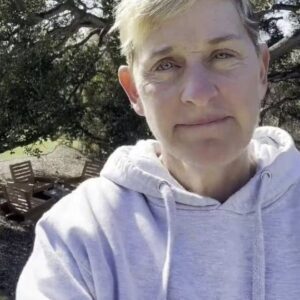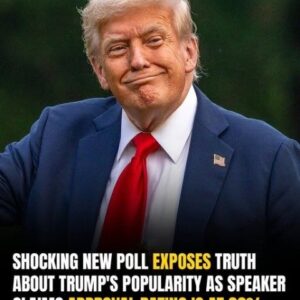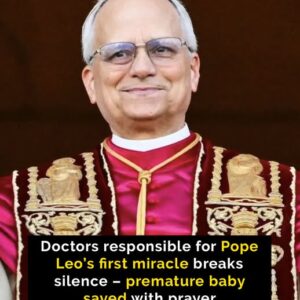On June 17, 2025, Barack Obama appeared at The Connecticut Forum to discuss the growing threat of disinformation online. He described today’s digital environment as chaotic, where even basic facts are now contested. In his conversation with historian Heather Cox Richardson, Obama stressed that misinformation erodes public trust and democratic stability.
He illustrated this concern with a metaphor: while people may debate a table’s design, claiming it’s a lawnmower shows a dangerous break from shared reality. Obama pointed to the tactic of “flooding the zone” with falsehoods—used by both Russian disinformation campaigns and Steve Bannon—as a way to confuse and disengage the public.
Obama criticized political leaders, alluding to Donald Trump, for repeating lies until they become accepted as normal. He warned that this tactic desensitizes the public, weakening democratic resistance to manipulation. To counteract this, Obama advocated for civic education and new forms of journalism that help citizens distinguish fact from opinion.
Though a strong supporter of free speech, Obama suggested that some regulation—if consistent with the First Amendment—may be necessary to rein in platforms that amplify extremism. He emphasized that this wouldn’t mean government control of content, but rather thoughtful constraints to limit digital harm.
Obama’s remarks have drawn mixed reactions. Supporters see them as a call for democratic renewal, while critics fear encroaching censorship. The comments underscore deepening tensions around digital media, truth, and how democracies should adapt to a rapidly evolving information landscape.





